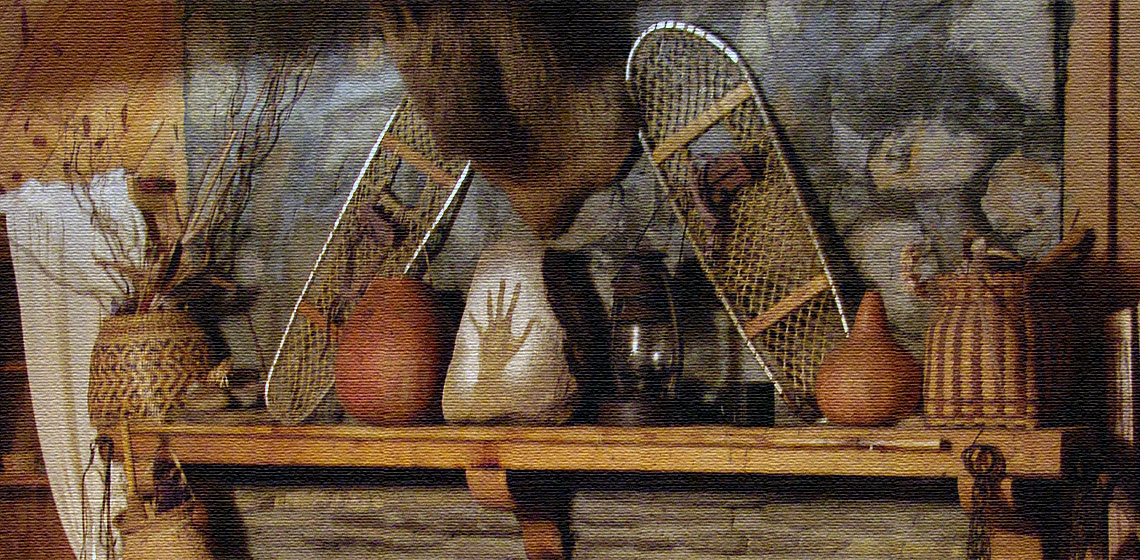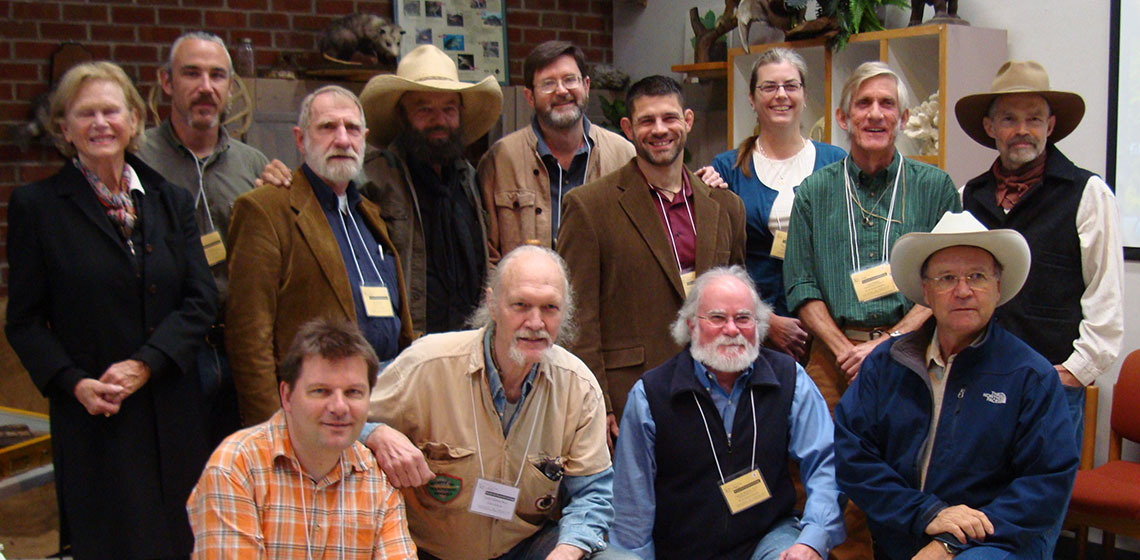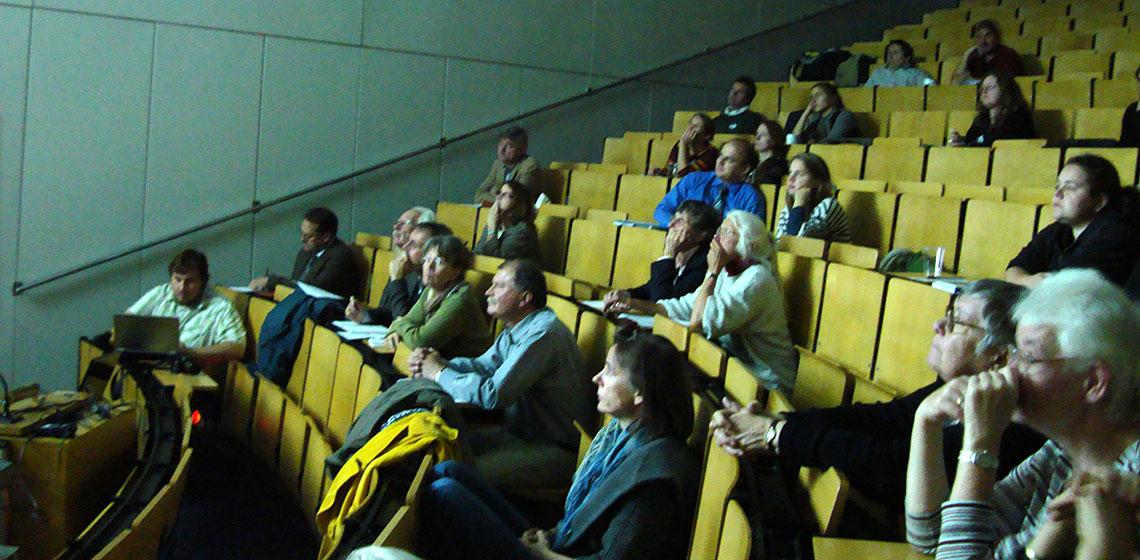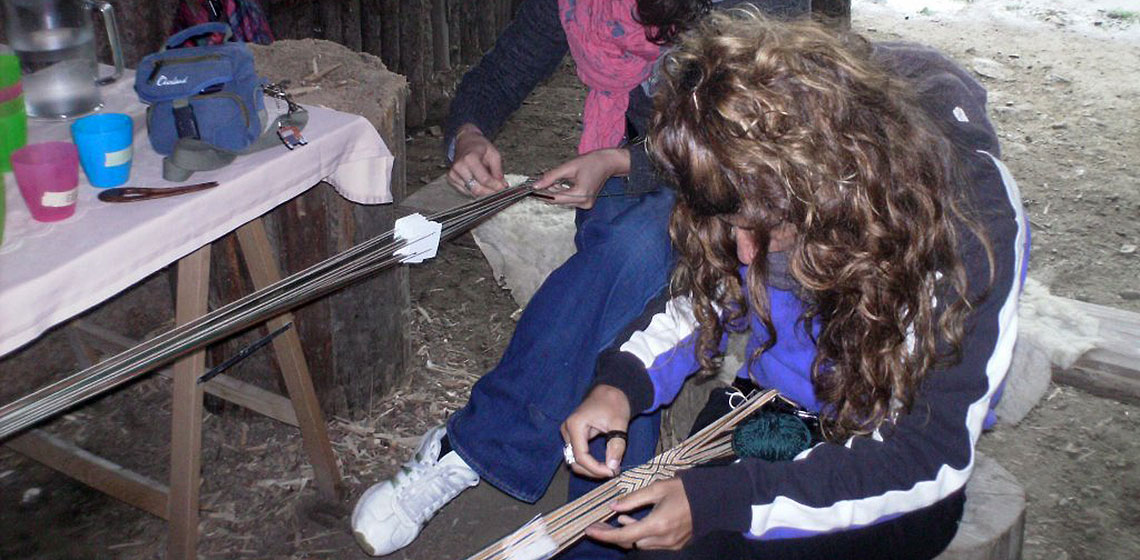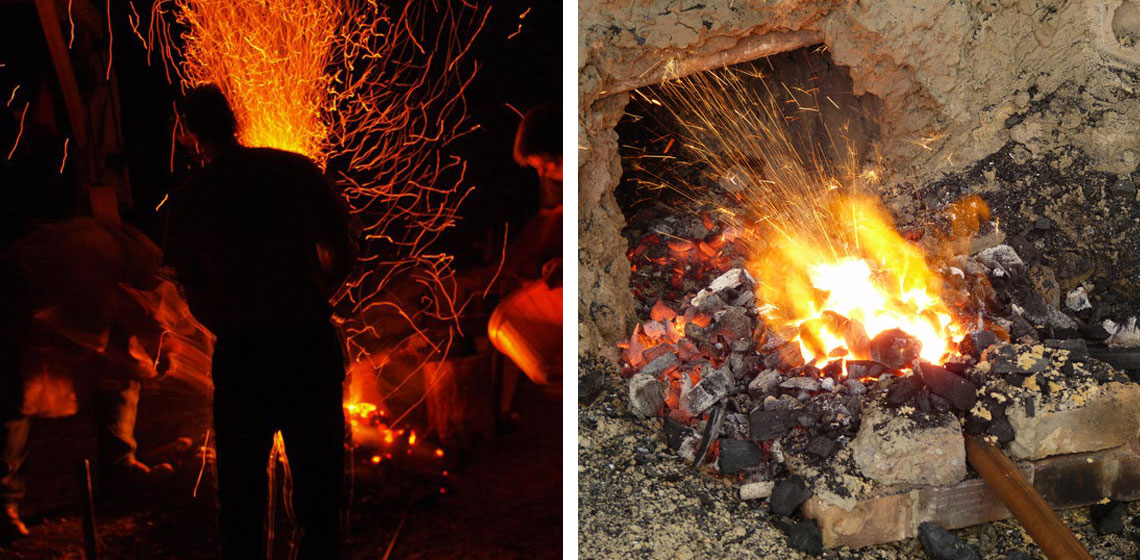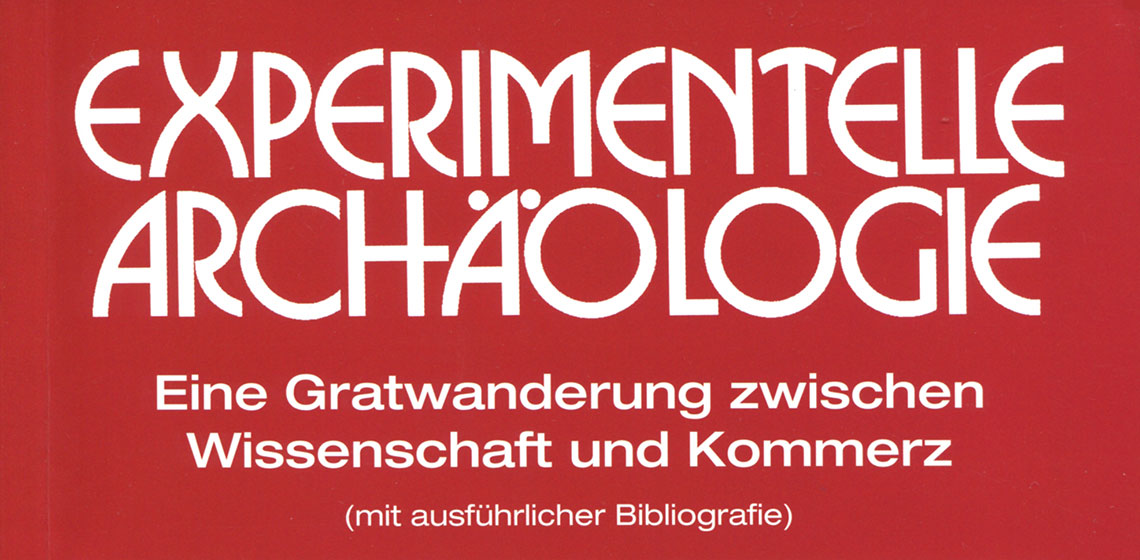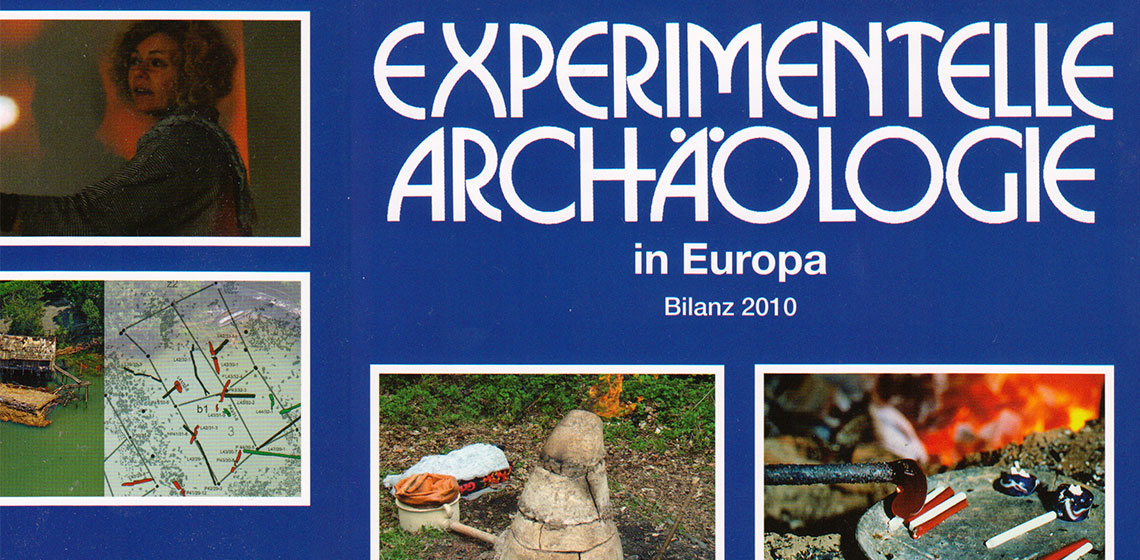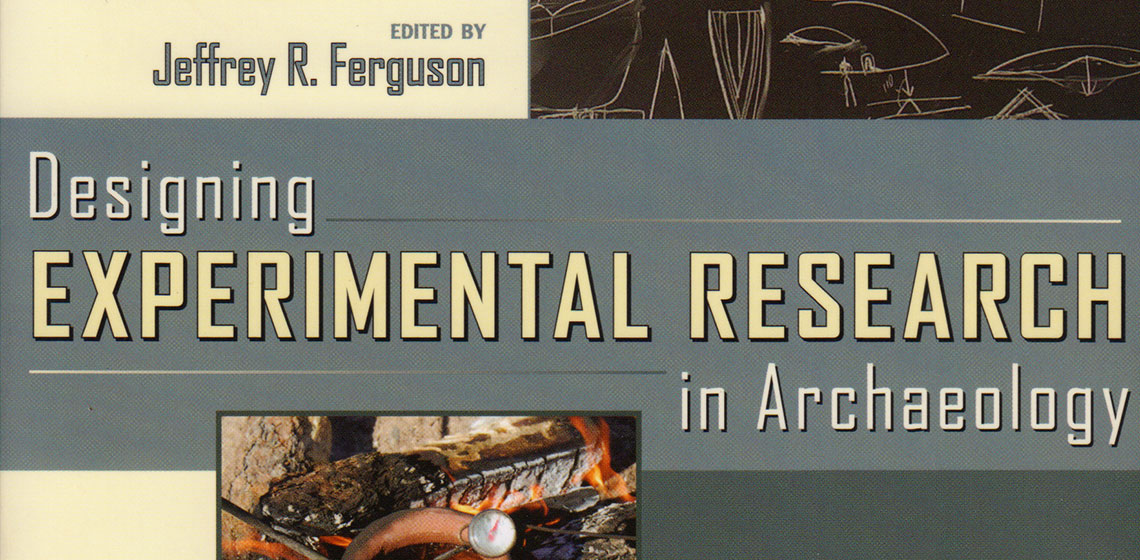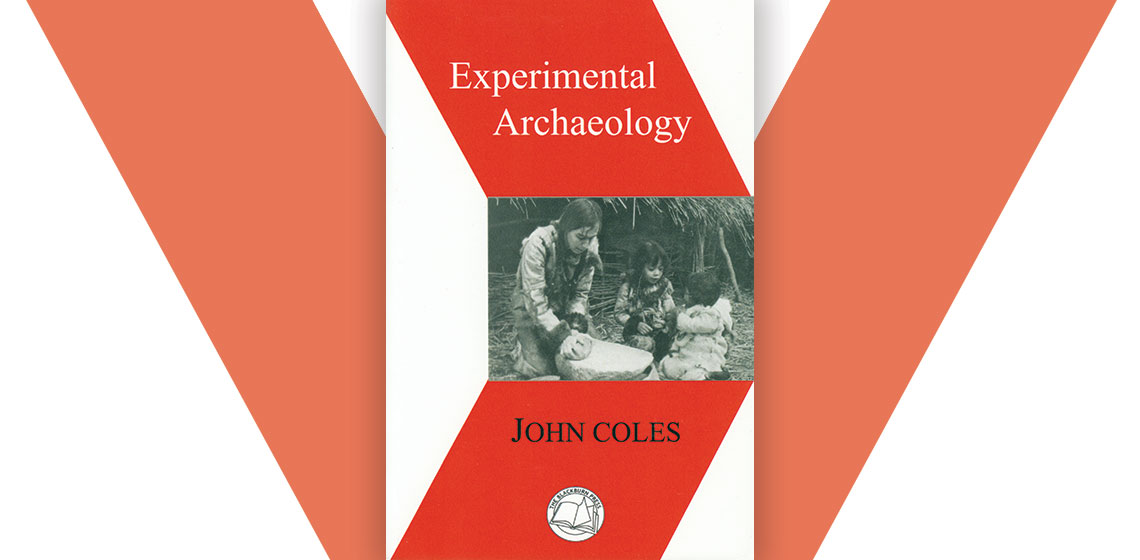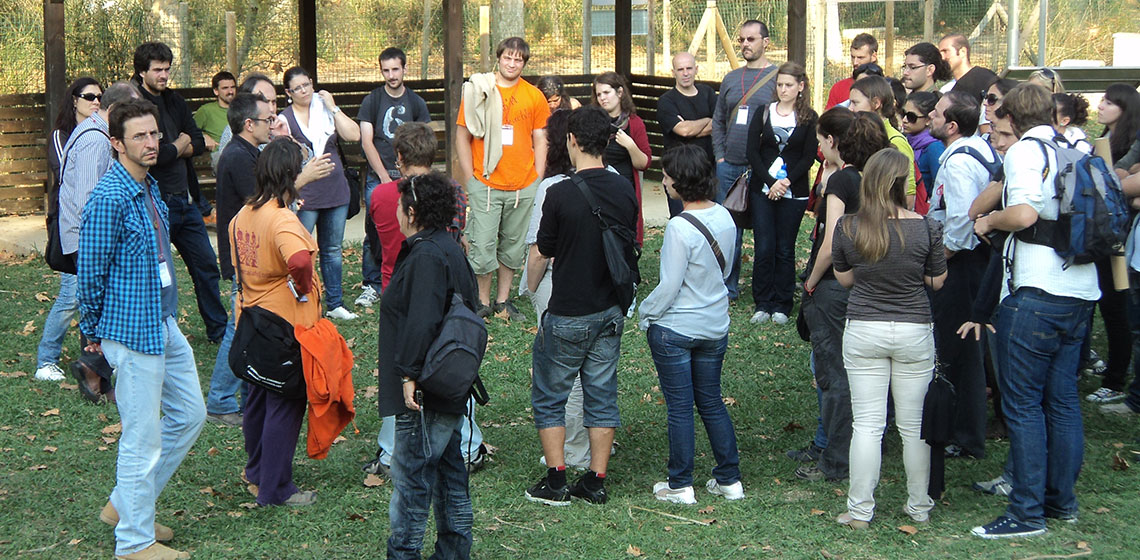Chalcolithic
Conference Review: Report on the 1st Annual REARC Conference
***Mark Butler organized the First Annual REARC Conference, which was held on October 16-17, 2010 at the Schiele Museum in Gastonia, North Carolina. The conference was a great success. Dr. Ann Tippet, Schiele Museum Director, and Steve Watts, Director of Southeast Native American Studies (SENAS)...
Conference Review: The 1st Annual REARC Conference, Defining Reconstructive Archaeology for the 21st Century
***The first annual Reconstructive and Experimental Archaeology (REARC) conference was held at the Schiele Museum of Natural History in Gastonia, North Carolina, October, 16 – 17, 2010. RE-ARC is the brainchild of Mark Butler, President of REARC, and eleven other individuals who comprise the Board of Directors...
Conference Review: EXAR in Berlin, October 8-10, 2010
This year’s EXARC Conference took place at the Freie Universität in Berlin and was themed Experimental Archaeology and University...
Conference Review: European Textile Forum 2010
The Textilforum was founded to bring practitioners of all textile crafts together, to compare notes and to learn from each other. Following the success of the first Textilforum, held in Eindhoven in September 2009, this year’s was held in Schnalstal, in South Tyrol, the German-speaking part of Northern Italy from 6-12 September...
Conference Review: Accidental and Experimental Archaeometallurgy
The Historical Metallurgy Society’s Annual Conference, 2-3 September 2010
The Historical Metallurgy Society was established in the early 1970s and is dedicated to providing a forum for the exchange of knowledge and the dissemination of research on the metallurgical practices of the past...
Book Review: Experimentelle Archäologie. Eine Gratwanderung zwischen Wissenschaft und Kommerz by Dirk Vorlauf
***The name Dirk Vorlauf is closely connected to the history of experimental archaeology in Germany. From the late1980s, the Vorlauf has conducted several experiments testing archaeological hypotheses, and he is critically involved in methodology and theory...
Book Review: Experimentelle Archäologie in Europa, Bilanz 2010
***Twenty years of Bilanz of experimental archaeology – under this phrase the ninth volume in this series covers a series of articles which deal in different ways with questions in this range...
Book Review: Designing Experimental Research in Archaeology by Jeffrey R. Ferguson (ed)
Designing Experimental Research in Archaeology is a recently published guide to planning and conducting archaeological experiments. Edited by Jeffrey R. Ferguson, a research assistant professor at the archaeometry laboratory at the University of Colorado, the book aims to guide researchers through methodology and experiment design...
Book Review: Experimental Archaeology by John Coles
It may appear odd or redundant to reprint a book that was published in 1979. The subject will have moved on, more will have been discovered, new techniques will have been developed. But this is partly the point: Experimental Archaeology by John Coles is a foundation text for the subject as a whole...
Conference Overview 2010/2011
A wide range of conferences on experimental archaeology and open air museums took place in 2010 and 2011, both in Europe and the Americas. This brief summary is based on the conference reviews from our contributors which can all be accessed freely on EXARC JOURNAL website from early 2012 on...

